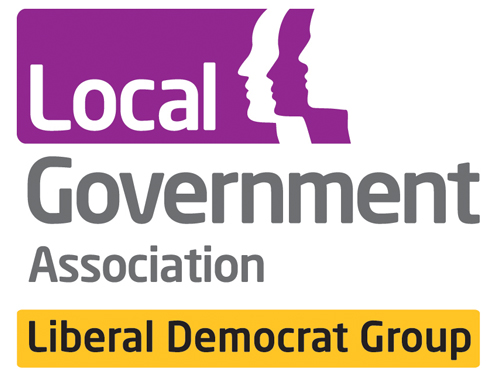
England’s vital tourism sector risks being overwhelmed by record number of visitors and growing skills gaps, council leaders warn today.
The UK’s tourism sector provides 3.1 million jobs, is worth £126 billion to the economy and generates £7 billion in tax from overseas visitors.
Overseas visitors spend £22 billion annually in the UK and the tourism sector projects above average annual growth in spend of 3.8 per cent every year up until 2025.
Councils are playing a leading role in boosting local tourism. For example:
- Cornwall Council has invested significantly in the growth of the creative and cultural industries. In 2016, the council launched a five year plan which aims to create more than 1,000 new cultural apprenticeships and 1,200 jobs in the local economy. Another outcome will be to increase the tourism market by 10 per cent.
- In 2017, Birmingham’s tourism sector celebrated the most successful year on record. Birmingham Council has launched a new project called ‘England Waterways’ supported by the Discover England Fund, to encourage international visitors to explore the canal networks in Birmingham and the wider Midlands region. In 2022, Birmingham will host the 2022 Commonwealth Games, which will enable the city to continue to deliver positive results in the tourism market.
- Southend Borough Council has announced plans to invest in their pier in order to increase the local tourism offer, and continue to attract a high number of visitors to the area. In autumn this year, work will start on the expansion of the Penny Arcade, and there are plans for a new visitor pavilion on the former Bowling Deck. Recent figures have shown that there were a total of 47,048 visitors to the world’s longest pier in May, compared to 37,349 recorded in May 2016.
However, the LGA is warning that current and future shortages in skilled staff risks bringing our booming tourism industry to a halt unless improved training opportunities needed for a career in the sector are made available.
According to a survey by the Tourism Alliance, 38 per cent of hospitality and tourism businesses are reporting that they are struggling to fill vacancies and it is getting increasingly harder to fill vacancies while 21 per cent of businesses are reporting that the staff that they are employing lack essential skills.
An extra 1.3 million new employees will need to be recruited to cope with the rapid growth of tourism in the UK by 2024.
Council leaders want the Government to adopt the LGA’s Work Local proposal to devolve control over centrally-run skills and employment schemes to local areas to better target funding training and apprenticeships. The Government should also bring forward plans for hospitality T-levels, which are needed to respond to the growing skills shortages in the sector before the UK leaves the EU.
With 46 per cent of EU nationals currently employed in the UK’s tourism industry, limits on EU migration after Brexit could exacerbate these skills challenges which makes it more important than ever to have a better system in place for retraining and upskilling the current workforce.
Cllr Gerald Vernon-Jackson, Chair of the Local Government Association’s Culture, Tourism and Sport Board said:
“Tourism has a vital role in driving future economic growth. It provides a wealth of employment opportunities for residents, it attracts new visitors to our communities and it promotes our local and national arts and heritage.
“It is crucial that Government supports councils in providing residents and young people with resources and training.
“As the employment market changes over the next few years, there could be an array of opportunities in the tourism sector, but it is vital that councils are able to direct skills funding to meet the increasing demand for skills in the industry.”